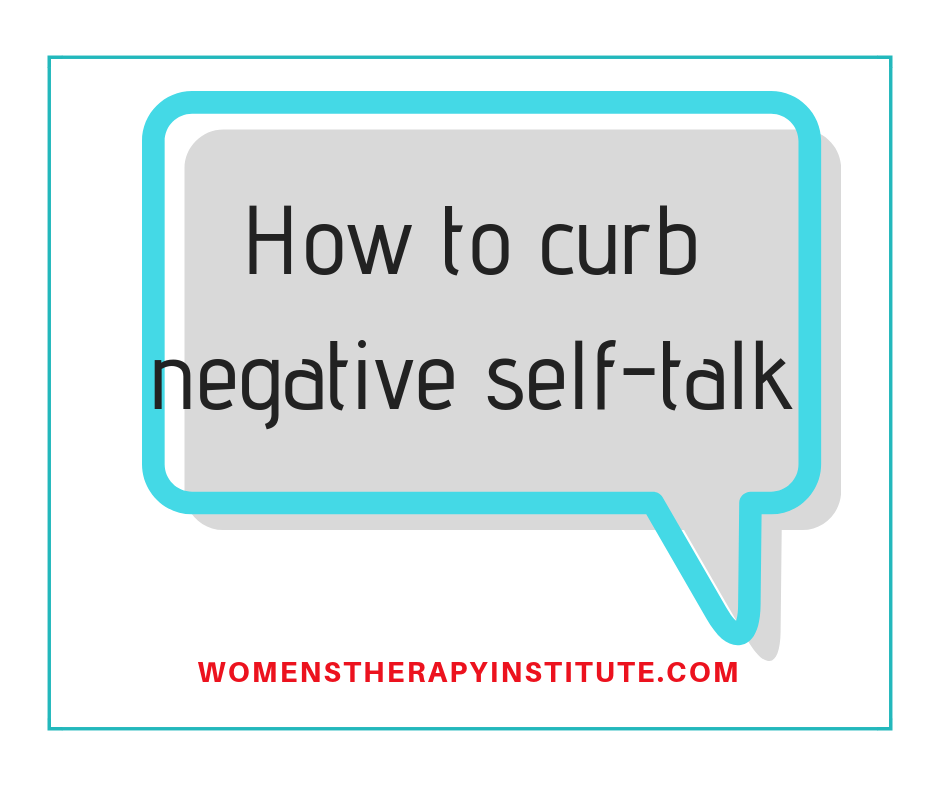
How to Curb Negative Self-Talk
We all do it — “how could I be so stupid?” “I am not good enough.” “I am so dumb.” Whatever it is. We all talk to ourselves negatively. And, even though we may brush off that talk as meaningless, it’s not. After a while, our brains start to believe these things, whether they are true or not.
Words Are Powerful
It doesn’t take much of telling yourself you “can’t” or you are “not worthy” to believe it. The act of curbing negative self-talk can have a big impact on our overall mental health. We have this beautiful ability to lift ourselves up — or tear ourselves down — with our words.
So what can do you do to start the journey of treating yourself better with your words? It is difficult, as any habit is, to change our ways but it is amazing what a few small changes can do for our self-esteem and overall personal satisfaction.
First of all, start small. No one is going to completely eliminate negative self-talk. I mean, seriously, we all do things that we are not proud of. That is life. But, by doing better at cutting ourselves some slack and appreciating all the good in ourselves we can lead happier lives.
Start with a Post-it (I said small, didn’t I?). Write one positive thing down about yourself and stick it to the mirror, or on the back of your bedroom door, or on a phone case, wherever you are going to see it regularly. It might sound or feel stupid but trust me, after a while your brain absorbs it. It can be as simple as “you can do it” or “you are strong.”
Next, cut yourself some slack. You are human. You will make mistakes. You are not perfect, I am sorry to break the news but it is true. No one is. Instead of jumping to “I am so stupid” or “I can’t do anything right,” be real with yourself. So, you made a mistake. Tell yourself these things happen. Talk to yourself the way you would talk to a friend. If your friend broke a glass and immediately said “oh my gosh I am the worst,” what would you say? Likely you would tell that friend “It’s ok. These things happen.”
You can be in the driver’s seat when it comes to how you see (and talk to) yourself.
